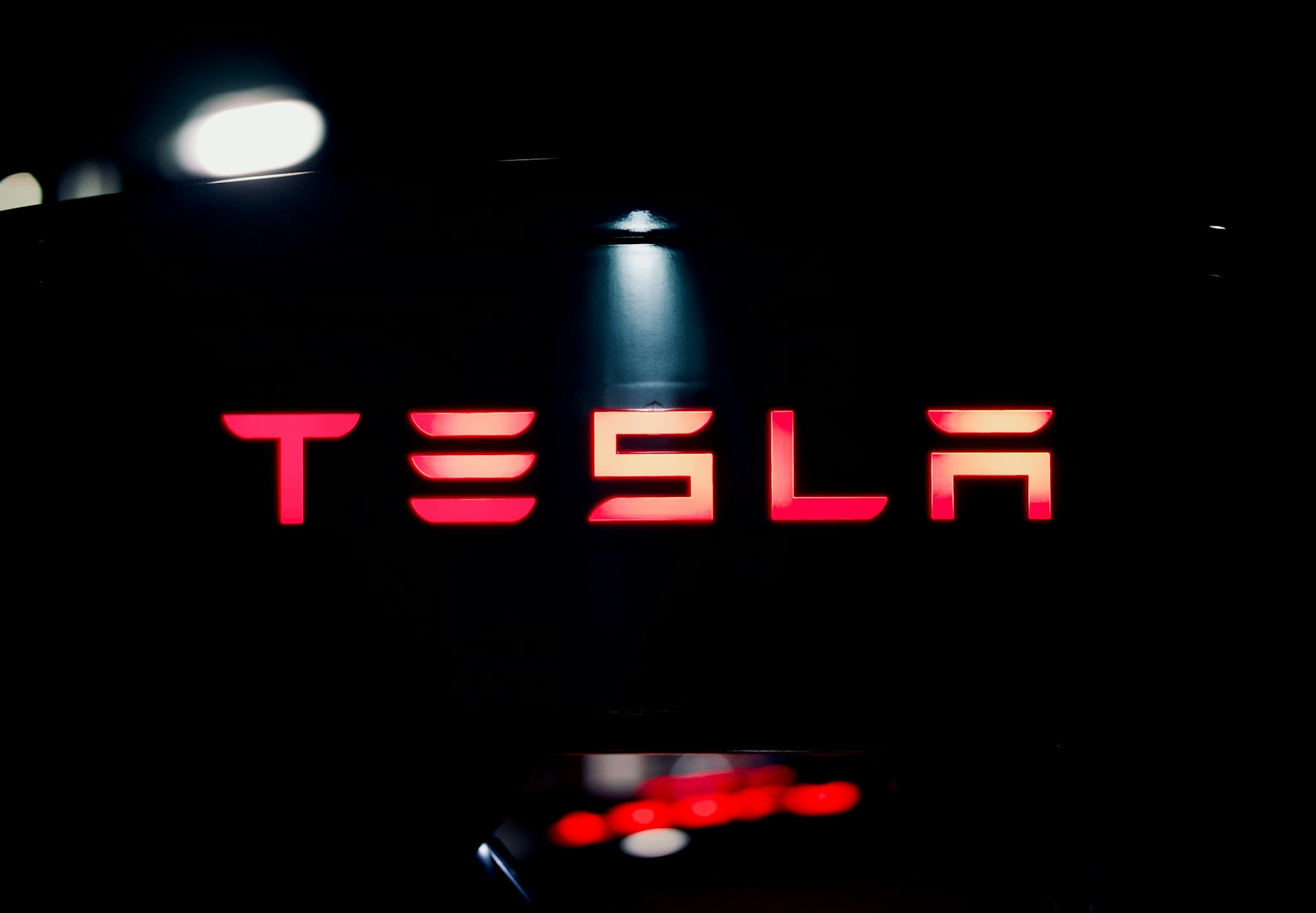EU Drastically Reduces Punitive Tariff on Tesla Imports from China – German Automakers Seek Relief
The European Union has reduced the punitive tariff on Tesla imports from China by more than half, while German manufacturers continue to push for lower rates. Ultimately, however, it is the member states, not the Commission, that will make the final decision – including for Tesla.
Following a detailed review of the automaker Tesla, the European Commission has lowered the additional tariff on Tesla’s electric vehicle imports from China to 9%. In a preliminary decision made by the body in July, the tariff was set at 20.8% on top of the standard rate of 10%. The highest punitive tariff on electric vehicle imports from China now stands at 36.3%, down from 37.6%, the Commission announced on Tuesday. These tariffs, which have been harshly criticized by the Chinese government, are intended to offset unfair competitive advantages provided by subsidies for Chinese-produced electric cars.
Tesla had requested a recalculation of the tariff, which is now based on the specific subsidies received by the company, the Commission explained on Tuesday. Officials had verified the data on-site. Tesla produces the Model 3 economically in China and imports it to Europe.
At the beginning of July, the EU had imposed provisional punitive tariffs ranging between 17.4% and 37.6%. The European Commission reiterated its belief that electric vehicle production in China is heavily subsidized, which poses a threat to European automakers and their shift towards electric mobility. According to EU estimates, the market share of Chinese brands in Europe has grown from less than 1% in 2019 to 8% and could reach 15% by next year. Chinese-made electric cars are typically priced around 20% lower than those produced in the EU.
However, automakers such as BMW, Renault, and Volkswagen’s subsidiary Cupra are also affected by the higher import tariffs. Particularly in Germany’s auto industry, which is heavily dependent on China, there has been criticism of the tariffs due to concerns about retaliatory measures. According to insiders, BMW and Volkswagen are also seeking a reduction in the additional tariffs on their Mini and Cupra Tavascan models. Cupra’s imports are currently facing a 21.3% tariff.
The EU’s investigation is expected to continue for another two months, and the proposed tariffs could still be altered. Interested parties have until August 30 to submit their comments on the Commission’s findings. The final tariffs must be voted on by the 27 EU member states. The Commission’s proposal will be adopted unless a qualified majority of 15 EU member states, representing 65% of the EU population, vote against it. This threshold is difficult to reach and is rarely surpassed. According to insiders, 12 EU member states supported the provisional tariffs during an initial vote in July, four were against them, and 11 abstained, including Germany.









